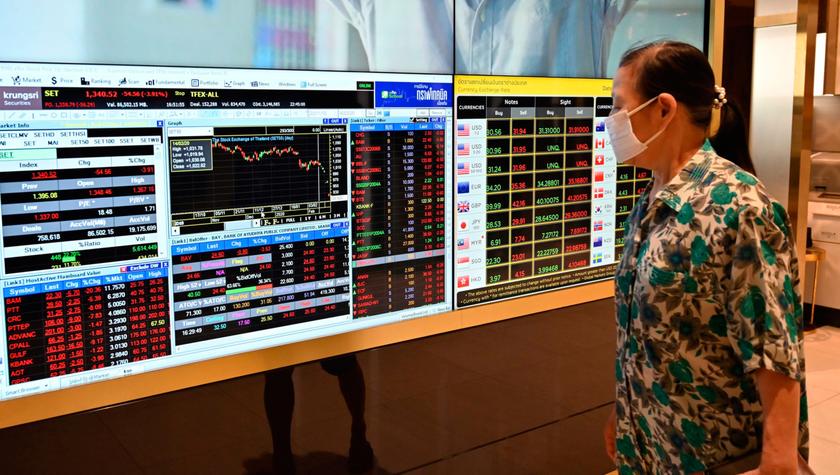Coronavirus Advice For Employers: What Should I Do To Minimise Risks?
At present there is one presumed positive case in Northern Ireland. This is an unusual situation we find ourselves in and one that is changing daily.
The advice from the Labour Relations Agency is that employers should discuss the risks with staff and try to resolve any genuine concerns they have. It may be possible, for example, to offer the option of homeworking, or alternatively the employer might be willing to allow paid holiday leave or unpaid leave.
Whilst employers have a duty of care to ensure the safety of their employees, all staff also have the responsibility of taking reasonable care of their own health and safety and that of their colleagues.
Staff should be reminded to follow the Public Health Agency’s advice to wash hands thoroughly with hot water and soap and to use and then bin tissues if sneezing and coughing.
If an employee develops coronavirus (symptoms include coughing, fever and difficulty breathing) the Public Health Agency recommends they contact their doctor by phone and self-isolate (ie stay indoors and avoid contact with others as much as possible for 14 days).
Normal sickness policies and procedures should be followed by the employee and employer and the employer should implement sick leave and pay entitlements.
There’s no legal obligation for an employer to pay someone who is not sick but cannot work as they have been told by a medical expert to self-isolate or have had to go into quarantine.
However, good practice in this situation is to treat it as sick leave and follow your usual sick leave policy or offer the employee the option to take the period as paid annual leave.
This can help to reduce the risk that a staff member may feel compelled to come into work and could spread the virus if they have it.
If an employer requests that an employee not come in to work, for example if the employee has just returned from a location where there are known cases of coronavirus, the employee should be paid as usual.
For those employees who voluntarily stay away from the workplace, without medical advice or without agreement from their employer, there is more scope to consider unpaid leave.
It is important that employers act consistently in handling these situations, as well as ensuring all steps taken are reasonable. We must all be vigilant and take steps to ensure a safe workplace.
Donal Laverty is consulting partner at Baker Tilly Mooney Moore
Source: belfasttelegraph.co.uk




